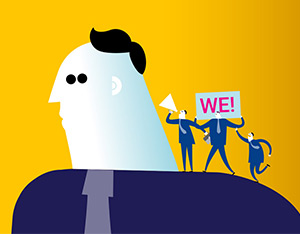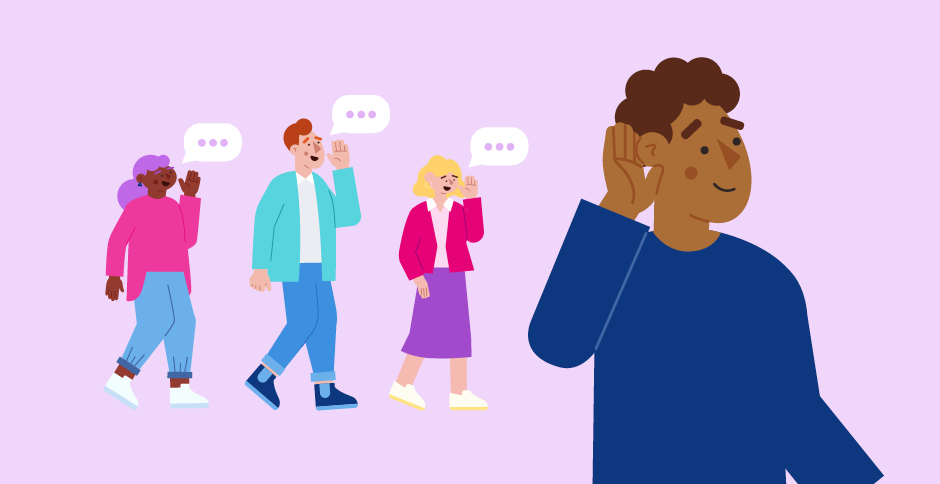So, you’ve researched the organisation, prepared for a range of interview questions, picked out what you’re going to wear, now it’s time to practice the language you are going to use.
You should never underestimate the power of the words you choose in an interview. They can make or break your chances of being offered the job.
Examples of what not to do include using the “we” word instead of “I”, waffling around the point, being too casual or accidentally using profanity. On the other hand, mastering simple, active and authoritative words can raise brand you significantly.
“We” versus “I”
We Kiwis are brought up not to toot our own horns. It’s natural for us to shy away from saying “I” did this or that. We like to say “my team” did this. But in an interview, the interviewers need to know what you did.
Examples of what not to do include using the “we” word instead of “I”, waffling around the point, being too casual or accidentally using profanity.
So sometimes we need to take a deep breath and learn to say “I”. Tell the person/people interviewing you how you handled situations, managed projects, built teams and so on. It tells a story about how you can have a positive impact on their business.
If you don’t feel comfortable doing this, another approach would be to say: “my team did X, my role in the project was Y and I personally achieved Z”. Use “I” to show precisely what you were responsible for. That way you show through your language that you’re a team member but achieved in your own right.
There are of course times when you must say “we”, says Susan Drew Senior Regional Director at Hays. “If the questions are more around teamwork and you answer with “I” the old adage applies: there is no “I” in the word “Team”. If you are asked a question around teamwork, you can put an “I” in to show your role in the team, but also use “we”.”
Drew adds: “But if you are talking about your strengths and achievements and what you have impacted on it’s important to use “I”. It gives the interviewer a clear understanding of your specific skills.”
Use positive language and action verbs
Whilst job interviews should be about displaying your depth, waffly, indirect language tells the opposite story. Practice using powerful words.
For example, get in the habit of using action verbs, says Susan. Actions speak louder than adjectives and verbs such as execute, plan, develop, convey that action succinctly.
Replace buzzwords and acronyms with power words
Buzzwords and acronyms can indicate that the interviewee is covering up weaknesses. And words such as diligent, honest, confident, ambitious can be cover-ups or even red flag phrases.
Don’t use abbreviations, acronyms, and workplace or industry specific words, says Drew. This actually suggests that you can’t articulate what you do and your specific achievements. “Don’t try to bamboozle the interviewer,” she says. It could backfire. “It questions candidates’ ability to communicate effectively and suggests they may be too embedded in the organisation and not have the ability to be flexible and agile.”
You can articulate yourself better in an interview by creating narratives around positive words such as:
- Results (the results of my actions were….)
- Measurable (my achievements were measurable in this way….)
- Responsibility (I took responsibility for….).
Other powerful words include organised, planned, built, accomplished. Back them up with concise examples of your achievements. That’s powerful.
Finally, says Drew, try to cut out the “ums”, “ahs”, “likes”, and “yeahs”. Pausing says much more than a filler word could and gives the interviewer time to reflect on your accomplishments.



